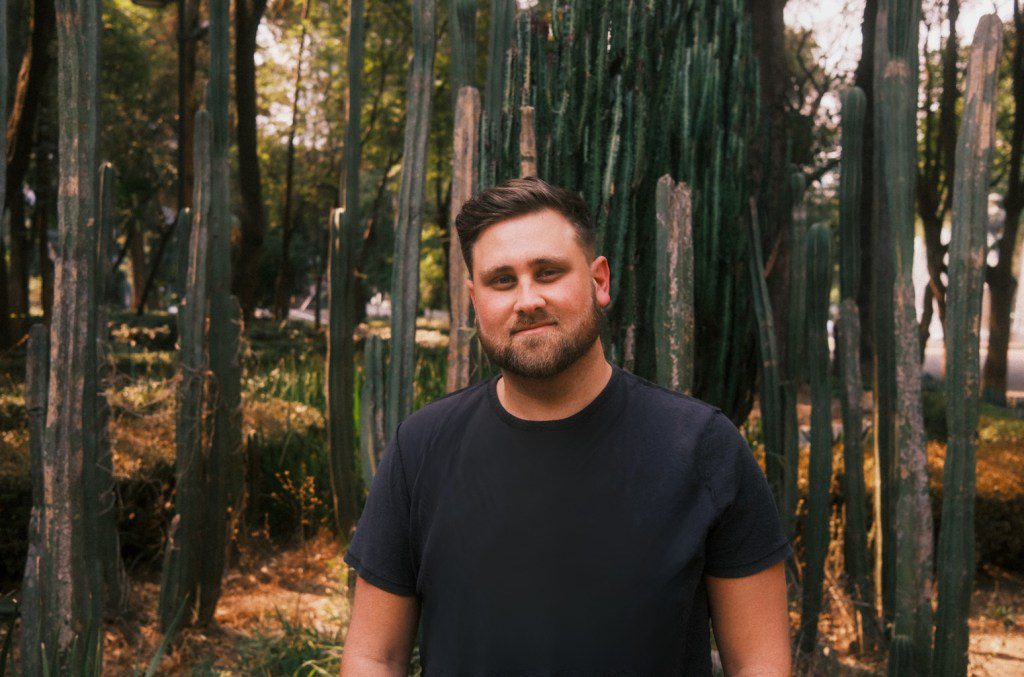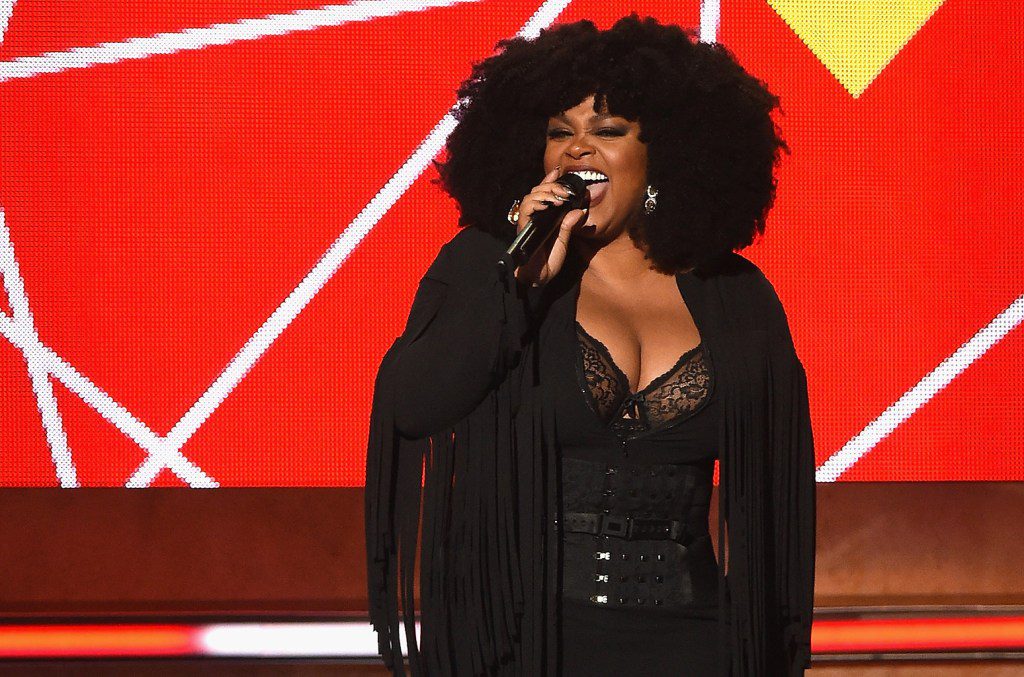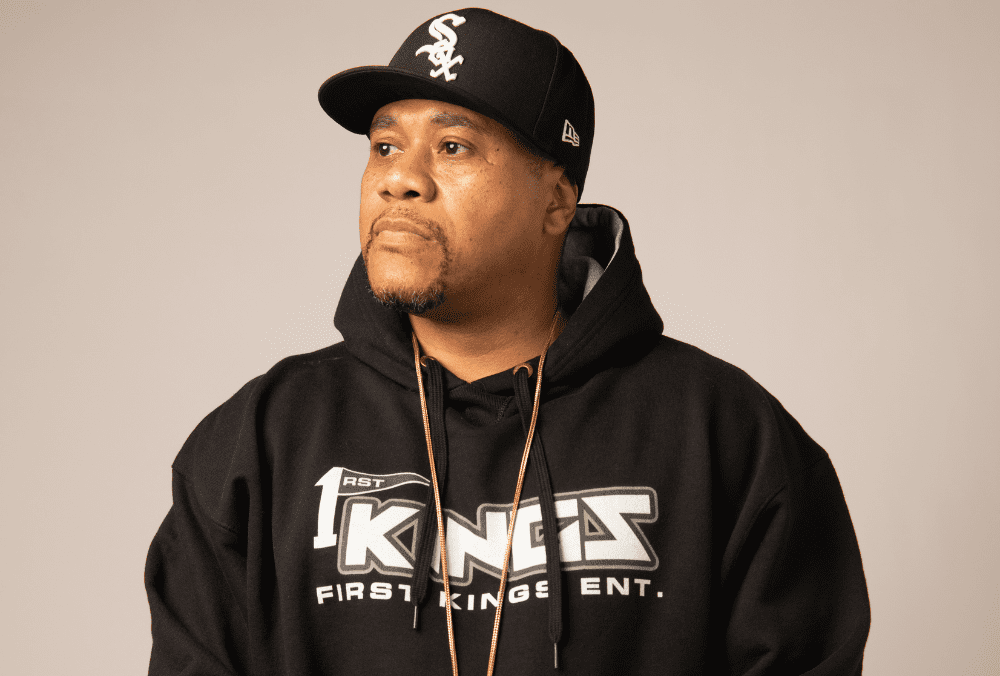Mental Health Awareness Month: jump.global’s Nick Maiale on Making the Music Business ‘More Human’
 Posted On
Posted On

For Mental Health Awareness Month this May, Billboard is teaming with Brandon Holman of the Lazuli Collective on a series of articles focused on mindfulness and the professional development of executives, creatives and artists in the music community.
Today’s conversation is with Nick Maiale, founder/CEO of jump.global, a community-first marketing agency that that specializes in working with music business executives and music companies. Last November, the company launched its debut summit, which prioritizes professional and personal development and will return to Los Angeles later this year (Nov. 17-20). Throughout the year, jump.global hosts various “No Ego” events across major cities, which are open to everyone (translation: no guest list) and focus on interpersonal connections over networking. Maiale previously spent a decade at the Music Business Association and Music Biz Conference and is now driven to “make the music business more human.”
I think before the pandemic, my entire life revolved around work. I very seldom would think about my growth. It was always like, “How can we grow the company? How can we impact the bottom line?” And I quickly watched over the pandemic people losing jobs or people losing sense of self. And that was very disheartening. I was witnessing that for my friends, but I also witnessed that for me. I realized I worked at a company for 10 years and I never did anything to develop my skills and my life outside of maybe selling sponsorships. So I think that was the number one thing that I noticed coming out of the pandemic. And I’d say the one good part about it is that it was a bit of an awakening.
Trending on Billboard
My mom’s a social worker. And I would often hear her on the phone talking about very human things…things that we often don’t talk about in the music business. We are going to conferences to learn about streaming, distribution, AI. I love all of that stuff, but when was the last time you heard about someone going to a conference to learn about themselves and how they’re going to better themselves in the areas of leadership, effective communication, financial well-being, mental well-being? I wanted to create this environment where executives, not artists, can be seen as human and talk about things like addiction or parenthood. It was a little cheesy but [the conference tagline was], “Make the music business more human.” At the end of the day, it actually resonated with people.
I’m really proud of what we’ve created, but at the end of the day, my job is to let thousands of people into my life every week, which is really, really scary. It’s a beautiful thing, but what I learned was [I] have to figure out how [to] do things for people in a really structured way. I have calls with people all the time [so I now] post about my calls on LinkedIn, tag a couple people and say, “This person is your person now.” I gave that responsibility to my audience or to other people so that I didn’t have to feel that burden or that responsibility. And that little thing has helped my life dramatically. It just became really hard being that person who does everything for everyone. My mind got so overwhelmed with all this information that it started to shut down. My body started to shut down. And I was like, “What am I going to do? I built a business based off of connecting people. And now that’s the thing that’s killing me.” So, I worked with a health coach to fix it. I still want to build community, but now I’m doing it in a much healthier way.
I started working professionally at 19. I’m 32 now. And I started my company almost four years ago. I spent 10 years doing things and connecting people and going to every single event. And yeah, part of me loved it and part of me didn’t. I had to look back and go, “Where am I now?” I realize I’m building a business. I’m building an agency. None of it makes me money at all. The reason I wanted to do this was because people in the music industry don’t often have these opportunities to think about themselves. They’re often thinking about the business. So I wanted to redefine what it meant to be a communications agency. We focus on thought leadership, which is speaking at conferences; communities and trade works, so if you want to get involved with the Recording Academy; academia, we will not work with a client if they do not want to inspire the next generation, if they do not want to speak at schools; and international delegate programs, helping executives speak overseas.
I have so many clients who are about to be on their first panel and they’re so nervous because they’re like, “I don’t know what I’m gonna say,” or “Am I gonna be as cool as some of these other panelists that you know have been doing this for years?” We talk them through it. We watch them on the panel. They kill it. They’re dropping gems. That happens to me daily for my clients. We had a couple other instances where, for example, one of our clients was going to speak at Iceland Airwaves. Normally they would just go, do their panel and leave. But we convinced them to extend their trip and they got to see the Northern Lights and that was always a personal [dream]. It’s little things.
Four years ago I was in a weird place. I really never thought I would be where we are today…We often are doing things to pad other people’s pockets, which is fine, I get it, but I really am feeling fulfilled with what I’m doing right now. And I don’t know if I’d be working in the music industry if I wasn’t doing what I do right now. At the end of the day, the biggest thing I care about is that I want people to know — and jump.global will eventually be this — but I want us to be the professional and personal development company for the music business. I’m a very mindful entrepreneur. I do not hustle. I don’t work until 3 a.m. I’m a hustler, but I’m a good hustler. I’m just like, “We can do it, but still go out and have dinner with our families.”
[I want to see] more people focusing on the business of their first and last names. If we’re going to have professional development, all of your clients better know about it, all of the artists better know about it. [We need] more companies investing in personal equity and more conversations around this type of wellness. Meditation is just as important as putting yourself in an environment where you’re able to speak clearly and be spoken to clearly.

